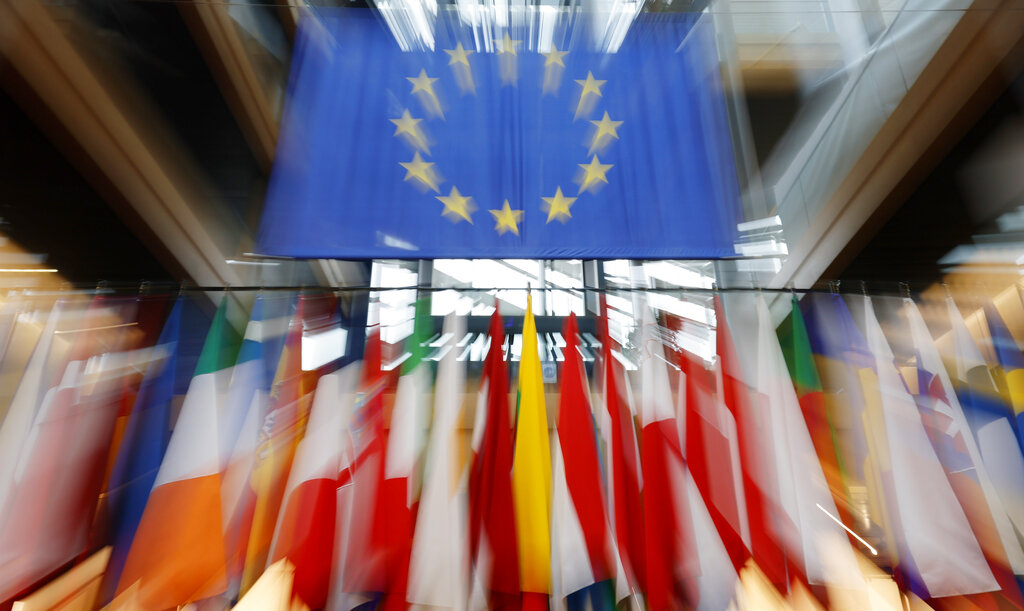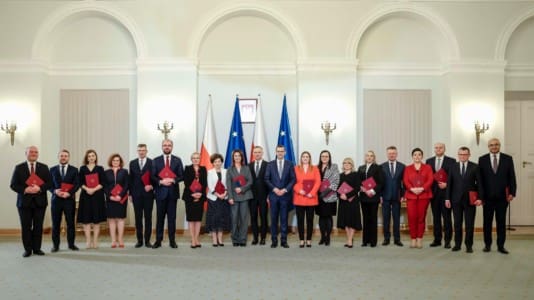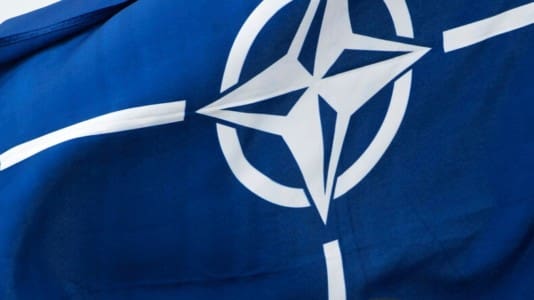It is certain that the issue of the new EU treaty reform will unfold in Poland according to the traditional principle of the primacy of internal politics, dictated by the dominant political division of the duopoly of conservatives and liberals.
The right has instantly imposed an emotional interpretation of the challenge posed by the attempt to change EU treaties, as a choice between defending Polish independence or betraying it. With such a defined field, there may be little room for discussion about actual interests.
The situation is not helped by the fact that the European Parliament (EP) initiated the treaty change negotiation process with its highly ideological, and in many proposals, very unreasonable resolutions, which goes down the path of deep centralization of the European Union.
Such a starting point is not helpful.
The mere fact that the resolution passed by a majority of only a dozen or so votes and that the division between its supporters and opponents did not, as usual, run between the main European mainstream parties and the opposition to them in the European Parliament, but was clearly of a national character, shows strong opposition to the overly ambitious centralizing efforts of the European Union. Thus, the field for political negotiations around treaty changes is quite broad at the starting point.
If the necessity for a swift resolution through informal treaty changes, from which each party will carve out something for themselves, does not become the overriding need in Europe, we are facing a long journey ahead: the appointment and work of the convention, an intergovernmental conference, the European Council, and finally national ratification across the EU member states.
In this process, Poland must not only be mindful of the effects of detailed solutions but also take care of its strategic interests.
If the new EU treaties were to introduce fundamental changes in foreign policy and have implications for security, then Poland must bring to the treaty negotiations the fundamental issue of its own interest and that of the entire eastern region of the European Union, which faces the real threat of war from an aggressive Russia. It is also necessary to bring into the negotiations the argument of one’s own potential and ensure that the strength of influence corresponds to the responsibility and risk undertaken.
It is worth not deceiving ourselves that we can outpace Germany in Europe with our potential. Remember also that Ukraine’s membership in the EU may be an open issue for a long time, and finally, we do not know how American policy towards Europe will change over the coming years.





